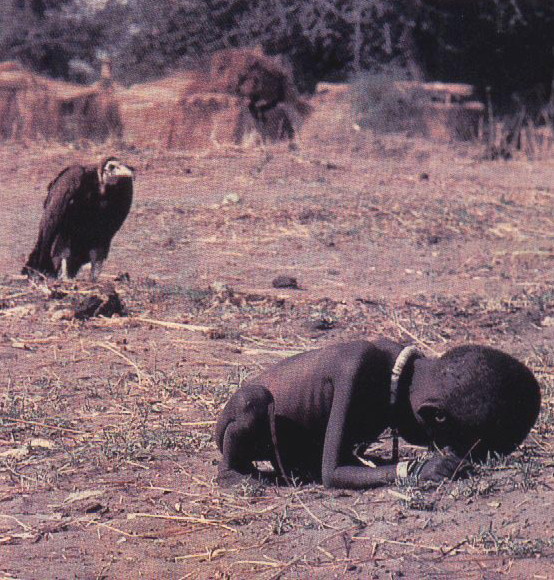How does a person find his or her passion in life? How does one discover the vocation for which they seem to have been uniquely created? Though theoretical on first impression, the question is not an abstract one. Find your dream, and in many ways you also find your energy for life. Catch a glimpse of your vision, and suddenly the distractions of day-to-day existence fall away as your attention focuses on the fire that burns inside.
It’s not difficult to identify people understand their passion. They radiate energy and exude imagination when pursuing their dream. They exhibit profound consistency and persistence in spite of difficulties that arise. What’s more, they can’t help but inspire others to make this vision their own. Mother Teresa’s passion was to serve the outcastes of India, Henry Ford’s was to build automobiles, Chuck Yeager’s to fly faster than the speed of sound. Their names are legendary because they focused and excelled at that for which they were passionate.
A person’s passion is often found through trying out a variety of new experiences, like the thirty merit badges on astronomy through zoology I completed as a Boy Scout. But what gripped my attention most during the high school years was Deliver Us From Evil. In this book, Tom Dooley, a physician from St. Louis, detailed his work among Vietnamese refugees in the 1950s. Dooley’s vivid description of tragic human suffering and the humble relief efforts of his health care team profoundly touched me, and left a legacy of remarkable compassion that physicians seek to emulate today.
Through five years of work in China and Angola, the fire that initially ignited in my heart by Dooley’s example has never subsided. I carried it with me even into the academic phase of my career, which largely focused on teaching young doctors to care for the most under-served citizens of Kansas City. I excelled at teaching, and I pondered how to combine this strength with my zeal for helping those most poor.
My answer came in the form of INMED – the Institute for International Medicine. In 2003 I established this non-profit organization to equip healthcare professionals to serve the forgotten. Most healthcare people who serve the most poor had some pivotal experience during their training. The opportunity to work first hand in a developing country with a fully qualified mentor, for example, gave them both insight into its unique health needs and a role model whom they could emulate.
That year I explained this vision to Roy Moran, pastor of Shoal Creek Community Church. Roy’s questions were wise. “How comfortable are you with uncertainty and ambiguity?” he asked. Indeed, how our growing team of leaders proceed is uncharted territory. We can only speculate about the paths and challenges ahead. What is clear, however, is the deep sense of rightness about this journey!

